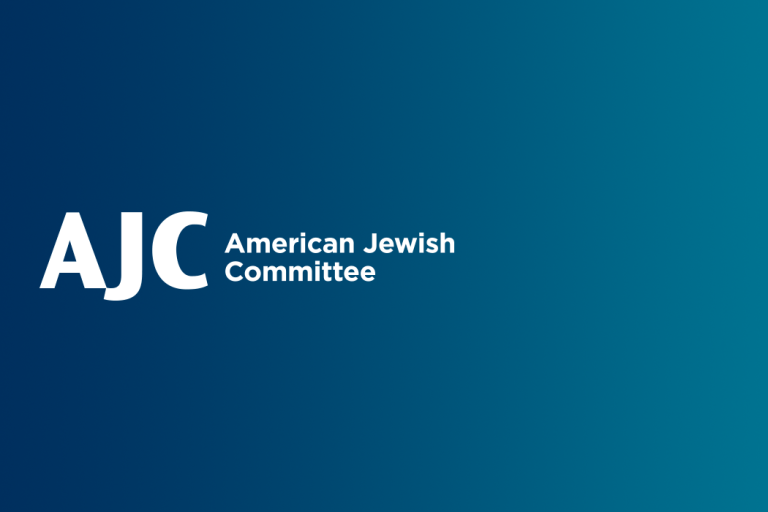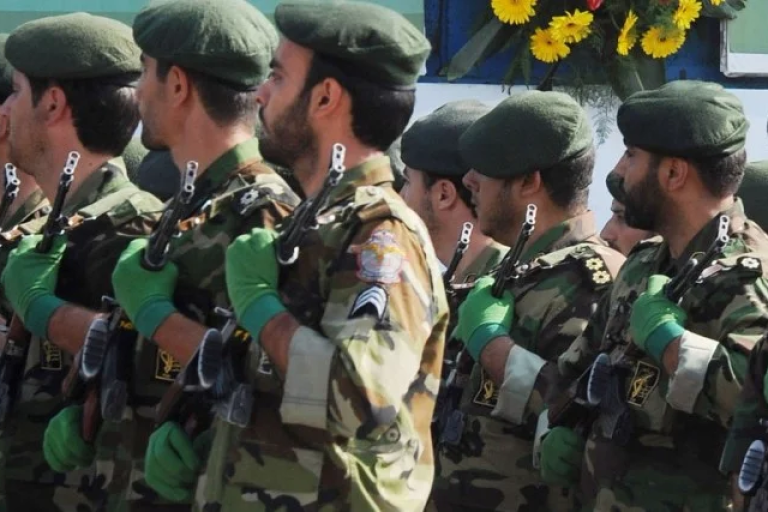August 7, 2015
As a presidential candidate in 2008, then-Senator Obama said his message to Iran would be simple: “If you abandon your dangerous nuclear program, your support for terror, and your threats to Israel, there will be meaningful incentives, including the lifting of sanctions and political and economic integration with the international community.”
In 2013, Secretary Kerry said, point blank: “We do not recognize a right to enrich.”
The message to Iran and the world was clear: Iran would not be allowed to enrich uranium—full-stop.
The president and the secretary of state have replaced those unambiguous calls for a complete end to Iran’s nuclear program with a deal that legitimizes the program. In the words of Iranian President Hassan Rouhani: “Major world powers recognized Iran’s nuclear program.” The deal grants Iran the “meaningful incentives” President Obama mentioned, even as it continues threatening Israel and the United States, and supports terror proxies all over the world.
The message to Iran and world is clear: If you race towards a nuclear weapon, support terror, and threaten Israel with annihilation, you can keep your nuclear program, and after a 15-year delay, there will be no restrictions on your enrichment capacity.
After the UN Security Council adopted the nuclear deal, Iranian Foreign Minister Javid Zarif happily took a victory lap, declaring, according to a translation of his speech to Iran’s Parliament: “Our biggest accomplishment is that the UN Security Council has endorsed our enrichment. This has never happened in the last 70 years.”
Zarif’s message to the world was clear: Despite claims to the contrary, Iran had succeeded in preserving its long-term ability to produce a nuclear weapon.


